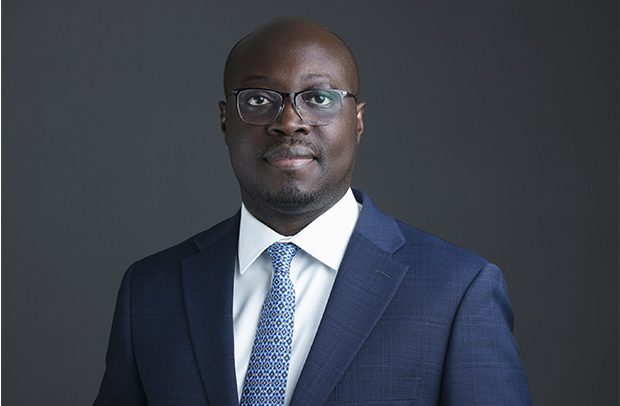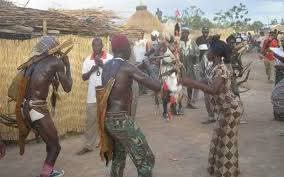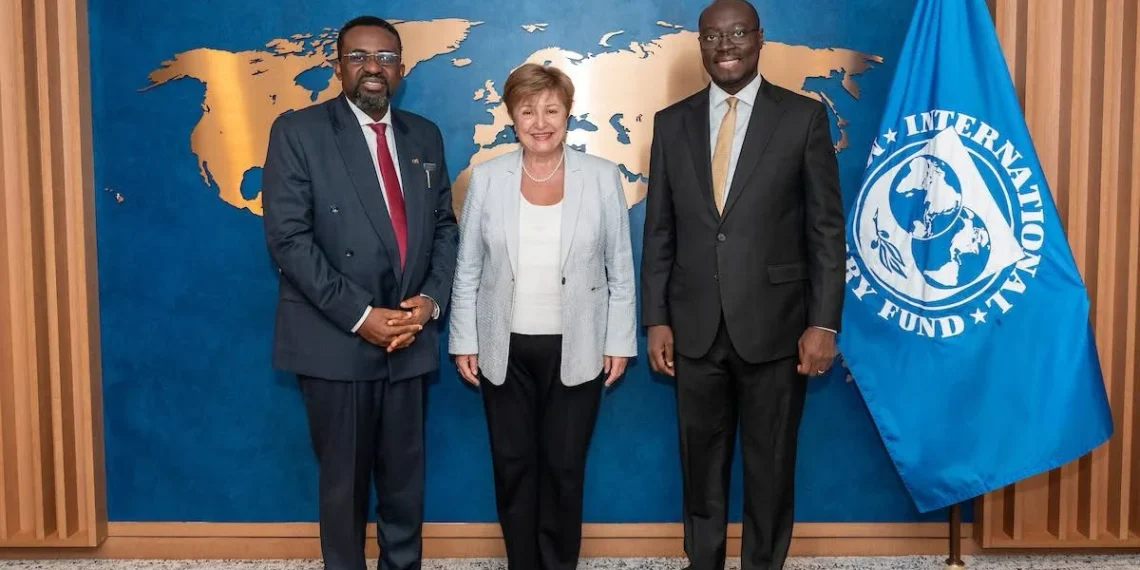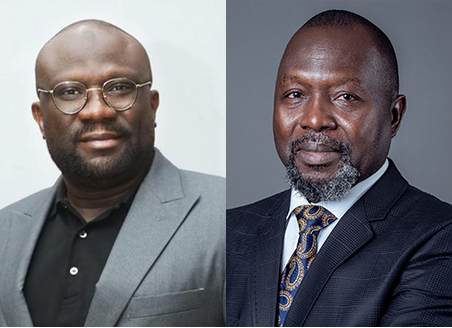Ghana’s economy is still standing tall—5.7% growth in 2024, 5.3% in early 2025—but the World Bank’s latest report is a polite way of saying: don’t get carried away. Beneath the headline numbers, fiscal discipline is slipping, debt restructuring isn’t done, and inflation is still eating away at paychecks.
The Bank’s forecast is sobering: growth will slow to 3.9% in 2025 as austerity bites and high interest rates choke spending. Risks are everywhere—volatile commodity prices, climate shocks, state-owned enterprise losses, and election-season overspending. And the clock is ticking on reforms that everyone talks about but few deliver.
The message is blunt: fix the energy sector, plug the leaks in public finances, and create real jobs for a swelling youth population—or risk watching Ghana’s demographic dividend turn into a social headache. Agriculture needs an upgrade, manufacturing needs oxygen, and private capital won’t come knocking unless the rules are clear and the politics predictable.
This isn’t just an economic challenge. It’s a political test. The next government—whoever it is—will either keep Ghana’s reform momentum or squander it.



